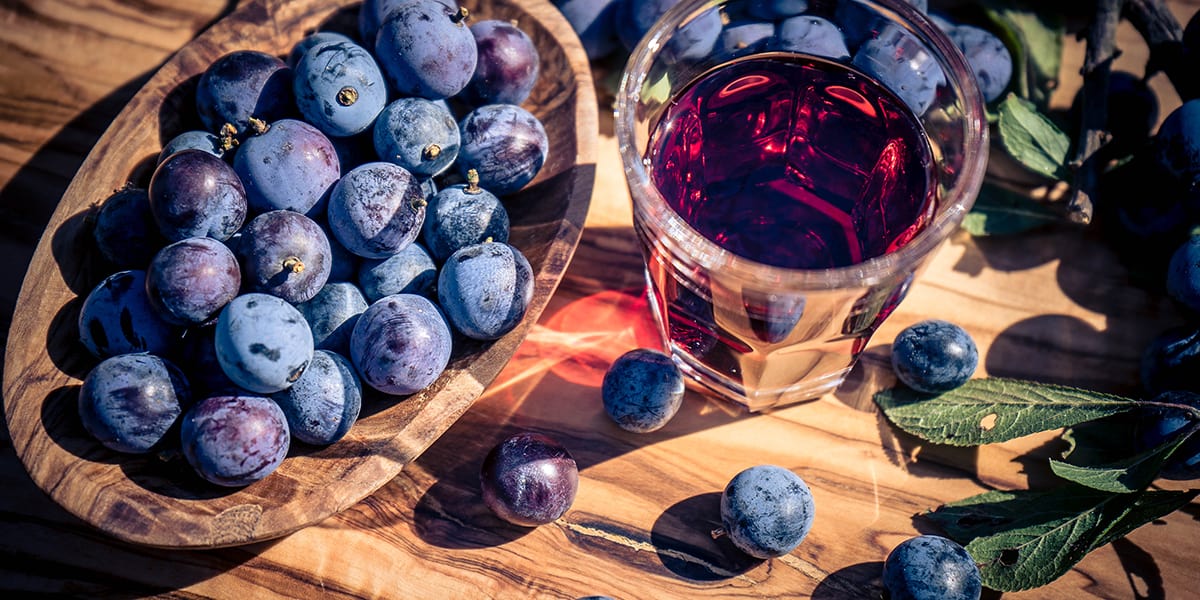
The early blossoming blackthorn tree is best known for its rich, dark fruit used to make sloe gin. The trees are densely branched, thorny and carry clouds of snow-white flowers in the spring. The thorns of the blackthorn risk penetrating the skin and can cause medical issues like plant thorn arthritis for gardeners and professional arborists alike.
Is blackthorn poisonous?

The plum-like fruit of the blackthorn tree (called a sloe) is not toxic when eaten. The leaves and flowers of the tree contain prussic acid, which is poisonous in large amounts. The seeds of the fruit can also be poisonous if ingested in sufficient amounts.
Like other thorned plants, the blackthorn can cause plant thorn arthritis if a thorn penetrates the skin. Plant thorn arthritis is the inflammation of a joint caused by a thorn leaving residual matter under the skin, causing swelling, stiffness, pain and a loss of range of motion.
Blackthorn arthritis symptoms
Plant thorn arthritis caused by blackthorn causes the affected joints to be:- Painful
- Stiff
- Reddened
- Swollen
How to treat blackthorn injuries
Anti-inflammatory drugs are sometimes prescribed to treat the symptoms of plant thorn arthritis. In chronic cases, a CAT scan or MRI is used to locate residual plant matter, which is then removed with surgery. Once all plant matter is removed, the prognosis is generally good, with full recovery in most cases.Prevention is better than cure
Preventing blackthorn spines from piercing your skin is the best way to avoid plant thorn arthritis. Turtleskin gloves and sleeves can protect from thorns while allowing the dexterity needed to carry out your gardening tasks.
Read our other blogs for more information on first aid or contact us for further advice and information on our products.
About the author:
Jo Stokes is a writer, marketer and trained first aider at First Aid Online.
Find out more about Jo.
By Jo Stokes
Explore more:





